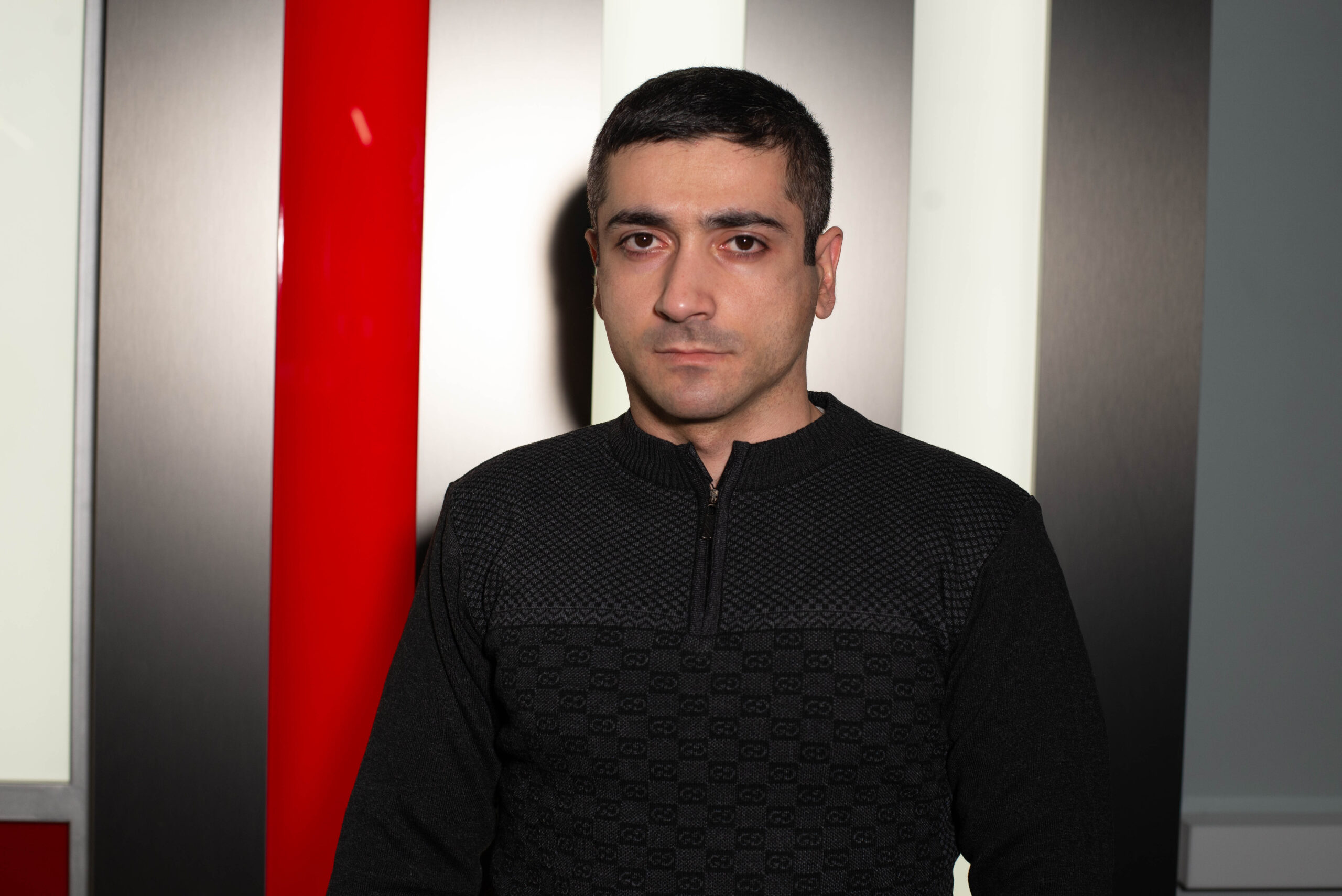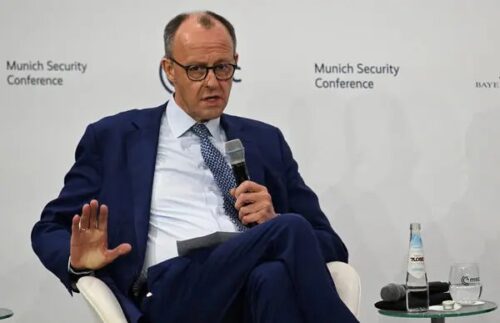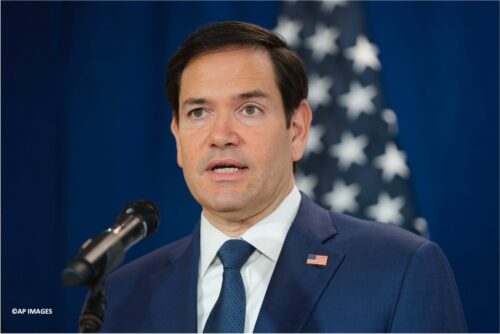
Georgian elections: Does a danger of a color revolution exist?
Dissatisfied with the results of the parliamentary elections in Georgia, the opposition threatens to stage acts of civil disobedience. Apart from the ruling Georgian Dream party, the remaining four forces that have won seats in Parliament are opposition parties, which exclude any alliance with the ruling force, not recognizing the election results.
The unstable political situation in Georgia was created long before the parliamentary elections or the arrest of former President Mikheil Saakashvili. Some theorists say the internal instability in Georgia began when the ruling Georgian Dream party openly adopted a pro-Russian foreign policy. However, these theorists have not been able to provide valid arguments as to why the ruling power is pro-Russian. In fact, a pro-Russian stance and the desire not to deteriorate relations with Russia are completely different things. While conducting their foreign policy, the present authorities of Georgia have always tried to maintain the European line. This was evident from the pre-election slogans of the ruling power. Apart from the slogans, the current authorities of Georgia have never tried to make the relations with Moscow so close that they would become a strategic partnership. If the ruling Georgian dream had had this intention, it would have already realized it during the 12 years of its tenure. The only exception was that the Georgian authorities refused to join the sanctions against Russia. However, this was done by the current administration of Georgia, not because they were “pro-Russian”, but rather to protect the country’s economy. No matter how they strive for a “bright European future” in Georgia, every sensible Georgian politician understands well that the country’s economy is highly dependent on Russia, where, unlike Europe, Georgian products are in demand. In addition, the five-day war of August 2008 was a good lesson for Georgia as to what happens when one gets excited by the promises of the West, but then is left alone before the formidable Russian armed forces. And, it is for this reason that the Georgian Dream, that came to power after Saakashvili, has never tried to bring relations with Moscow to an extreme state, developing economic contacts with the latter. However, this behavior of the current ruling power of Georgia is naturally not approved of by certain ruling circles in the West and the U.K., because it does not contribute to the Anaconda Plan developed long ago in the Anglo-Saxon world—which they are now trying to implement against Russia. And, in order to change Georgia’s behavior, it is necessary to replace the ruling power with such forces that would be ready to act as a link in the chain that squeezes Russia, regardless of the Georgian state interests. And in order for the power in Georgia to appear in the hands of, so to speak, more “willing” forces, the West must apply another strategy developed in the Anglo-Saxon world: the strategy of “color” or “velvet” revolutions. Many analysts, some deliberately, others naively, say the reason for the unstable situation in Georgia is the anti-democratic behavior of the ruling power. According to these experts, the ruling power, trying to imitate Russia, adopts the law on foreign agents, suppresses the opposition, and this becomes a reason for protests. However, none of these theorists wants to answer the question as to why Mikheil Saakashvili, the former president of Georgia, knowing well that there were many criminal cases against him in his homeland, arrived in Georgia. It is naive to think that he did not know that he would be arrested, or that he knew but sacrificed himself for the sake of human rights. Before launching a “color revolution”, a number of preconditions must be met. And, one of those preconditions is that there must be a politically persecuted person who fought for “freedom” and “truth” and was therefore arrested and persecuted by the authorities. Saakashvili, being “loyal” to the West and having great political ambitions, met that precondition. Thanks to this political technology, it was possible to influence and bring the wider masses of the people out to the streets. In general, if we take a closer look at the actions of Georgian oppositionists, we will notice that they follow the rules of carrying out a “color revolution” more clearly than it was done in 2018 in Armenia. They even have the image of a strong woman like Joan of Arc, which is a significant political technology. During the seizure of power in Armenia in 2018, the role of that character was performed by women spreading anti-government, anti-Armenian videos on the Internet, who did not occupy important positions in the hierarchy of the “velvet” revolution. Now, the responsibility of creating the image of Joan of Arc in Georgia rests entirely on the shoulders of one person, Tina Bokuchava, chair of the United National Movement, a force created by Saakashvili. Bokuchava successfully fulfills that role, and this is a more competent manipulation in terms of political technologies than it was done in 2018 in Armenia. In general, we should state that the Georgian Dream party has found itself in a more difficult situation than the Republican Party of Armenia in 2018. The rest of the four forces that have won seats in the Georgian Parliament are opposition parties and do not recognize the victory of the ruling power. Moreover, not recognizing the results of the elections is also an important step before plotting a “color” revolution. All four forces that have entered Parliament received more votes than the Yelk (Way Out) alliance led by Nikol Pashinyan before 2018, which, we can say, was the only opposition force that had won seats in Parliament. And it seems that it is highly probable that the opposition will succeed in carrying out the “velvet”, “non-violent” change of power, but the current geopolitical realities are somewhat different. No color revolution can succeed if it does not receive support from outside—from global forces. In the West, the main dictating party is the U.S., where presidential elections are due soon, and the forces running for president have radically different geopolitical priorities. The only hope of the Georgian opposition is the victory of the Democrats and their candidate Kamala Harris, because they are the ones to continue the line of the Biden administration and, so to speak, the beneficiaries of the future Georgian revolution. Trump and the majority of the Republicans supporting him are not supporters of using the Anaconda politics against Russia. At least, this is evident from the statements made by Trump or his supporters regarding the U.S. foreign policy. If, according to his statements, Trump is going to sort out relations with Moscow in order to completely focus on China, then his future administration does not need a Georgia that is extremely hostile toward Russia. Therefore, the Georgian opposition cannot have expectations from the Trump administration.
Thus, what will happen in Georgia in the future largely depends on the presidential elections in the U.S. If the Democrats, led by Kamala Harris, win, the Georgian ultra-liberal opposition will have a great chance to take power. If Trump and the Republicans win, the opposition may not get support, which would enable the already tougher and more determined Georgian Dream to suppress protests and eliminate the threat of a power seizure. As for Armenia, it should be noted that the unstable situation in the neighboring country is not in the interests of our country, because it can at least cause a serious blow to our economy. And then, it can be a good excuse for Pashinyan’s administration to justify all kinds of concessions and open communication roads with Azerbaijan and Turkey, arguing that due to the political events in Georgia, Armenia would come under a complete blockade, and that it was necessary to make serious concessions in the interest of the state.
Ashot Barekyan


